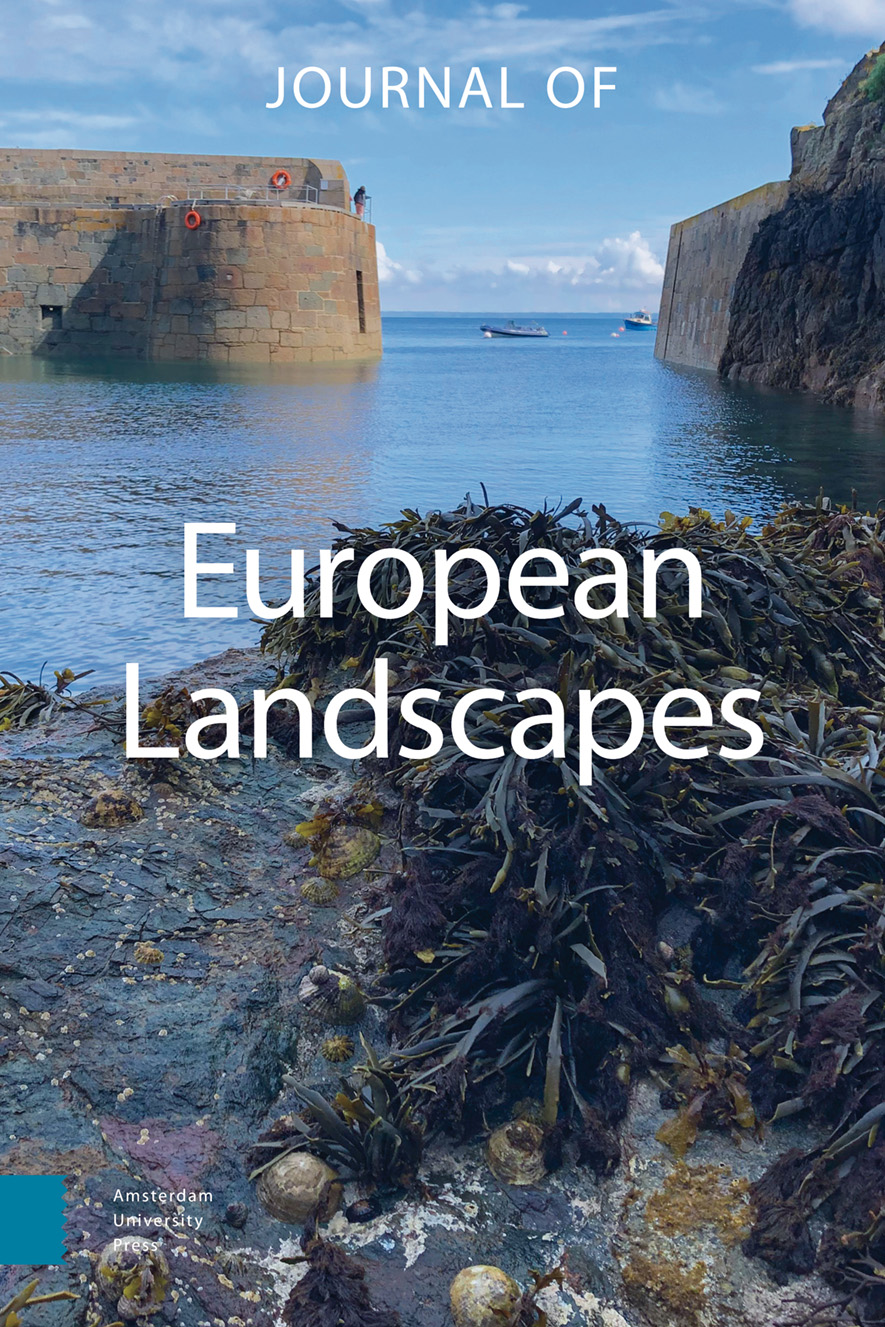-
OAAdaptation to sustainable energy transition in Europe: Environmental, socio-economic and cultural aspects
- Amsterdam University Press
- Source: Journal of European Landscapes, Volume 4, Issue 1, dec. 2023, p. 1 - 10
-
- 01 apr. 2023
- Vorig Artikel
- Inhoudsopgave
- Volgend Artikel
Samenvatting
Adaptation to sustainable energy transition in Europe: Environmental, socio-economic and cultural aspects (ADAPTAS) (No. CSO2017-86975-R) is a project funded by the Ministry of the Economy, Industry and Competitiveness, State Research Agency of Spain, and European Regional Development Fund. It took place between January 2018 and September 2022. This project’s challenge was the understanding of transversal aspects of energy transition in four European countries (Spain, Italy, Czech Republic and Hungary) and to show that landscape could be a useful instrument for thinking energy transition and to conceive sustainable renewable energy (RE) projects. In order to achieve this goal interdisciplinary methodologies and strategies were used. We applied a mixed methods research design involving comparative analysis strategy on different levels (national, regional and local), semi-structured interviews and surveys in different study areas and multivariate statistical analysis of quantitative data, multi-criteria spatial approach based on geographical information system, and input-output analysis. The research focused on three renewable energy technologies (wind, solar PV, biomass and biogas) that have been significantly implemented in the studied countries in recent years and that are most likely to be further developed and spatially expanding in next years. The paper presents the results of the project and its policy implications.



